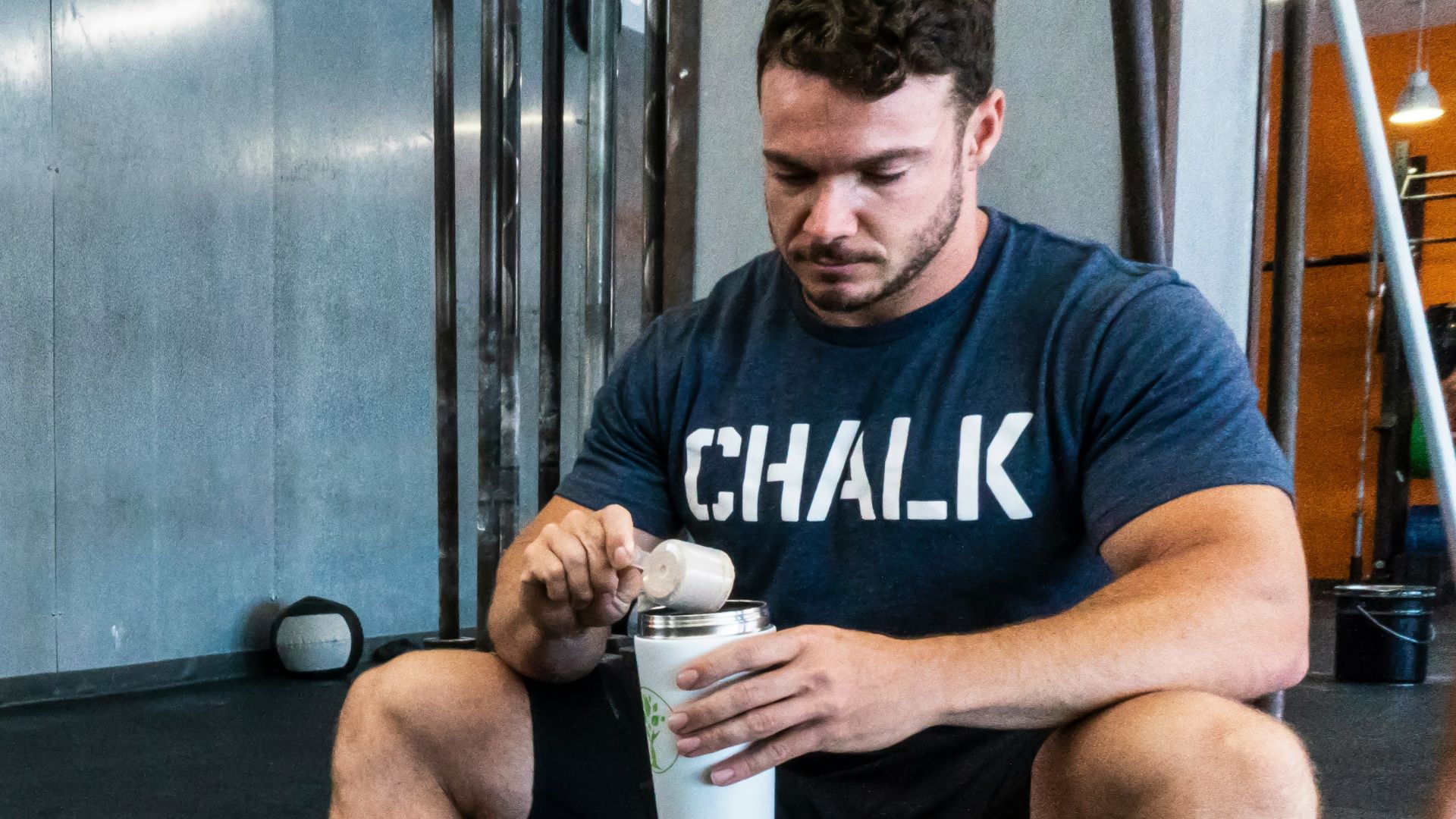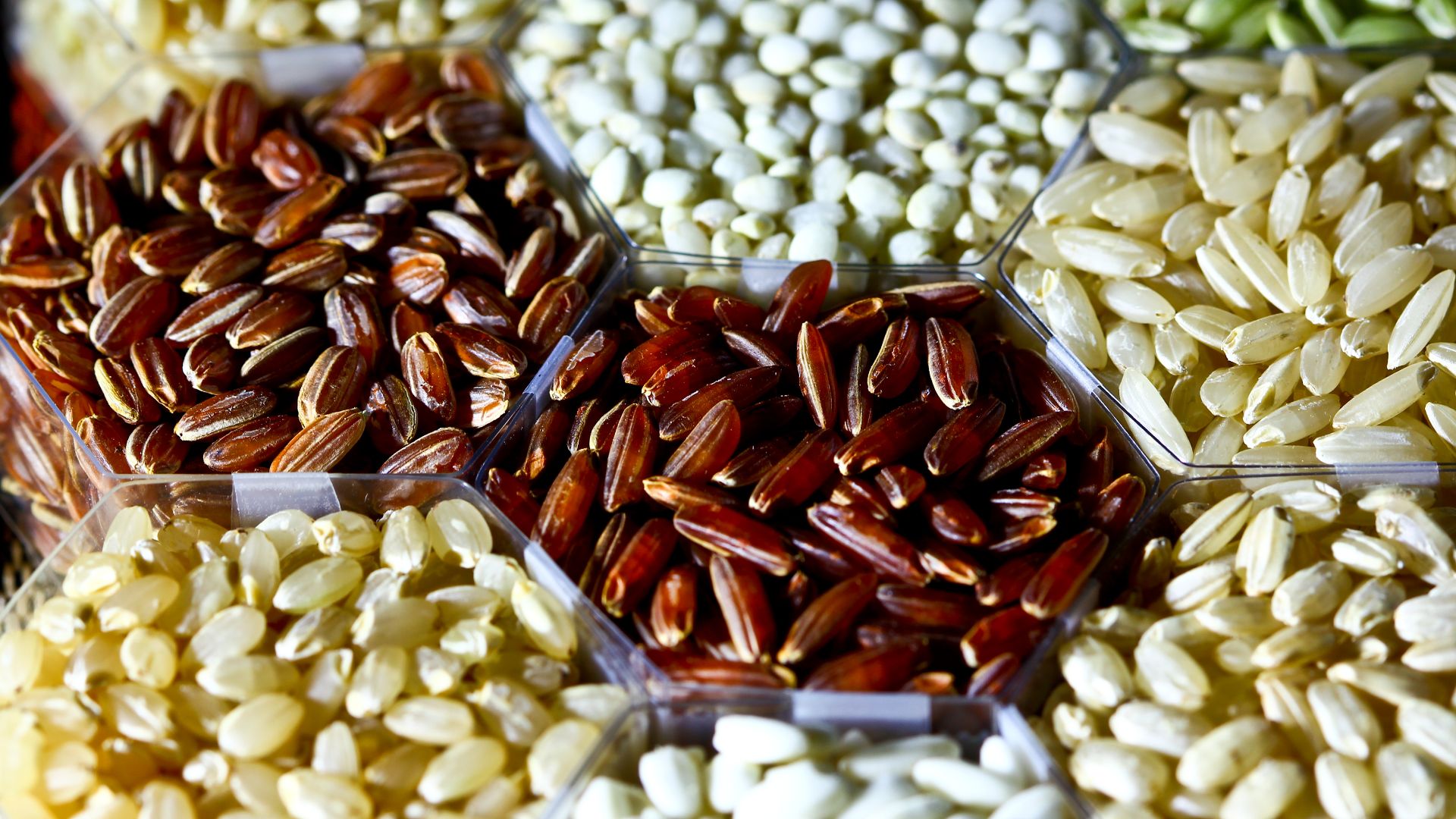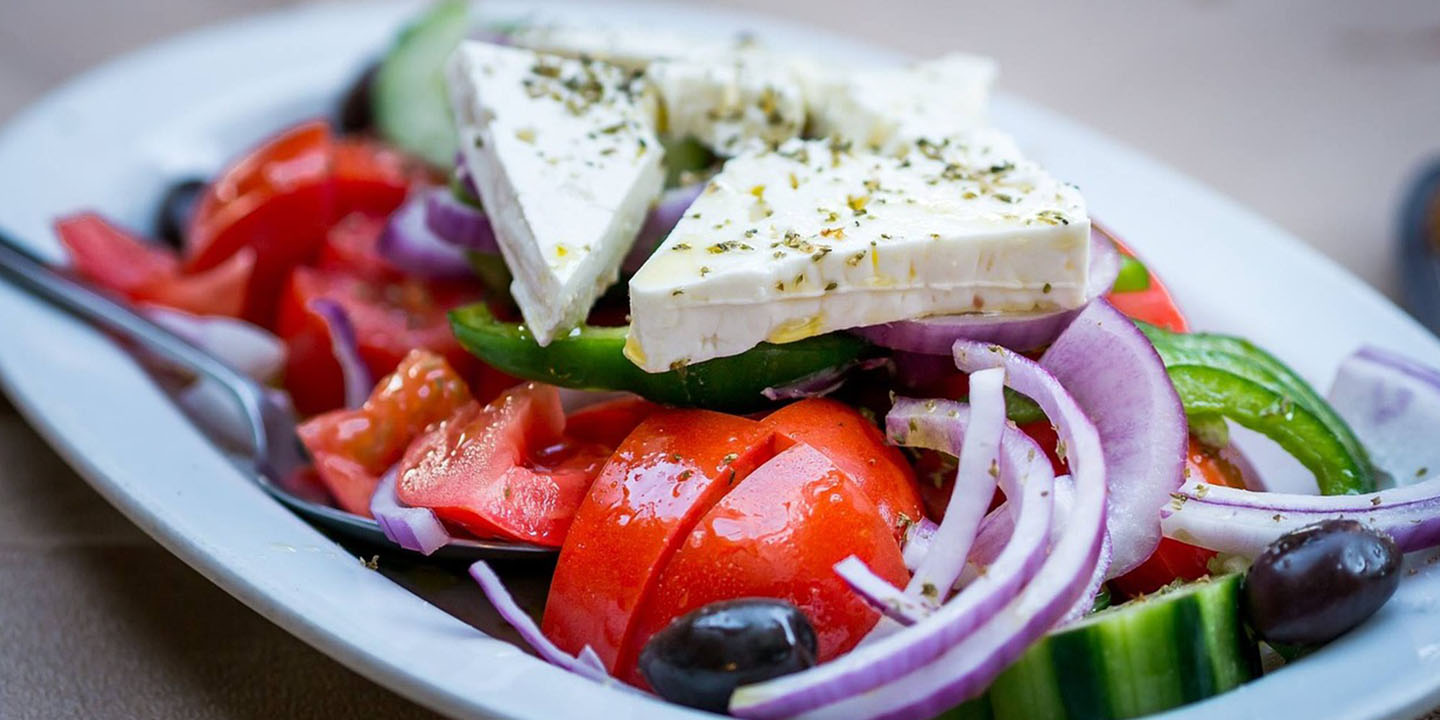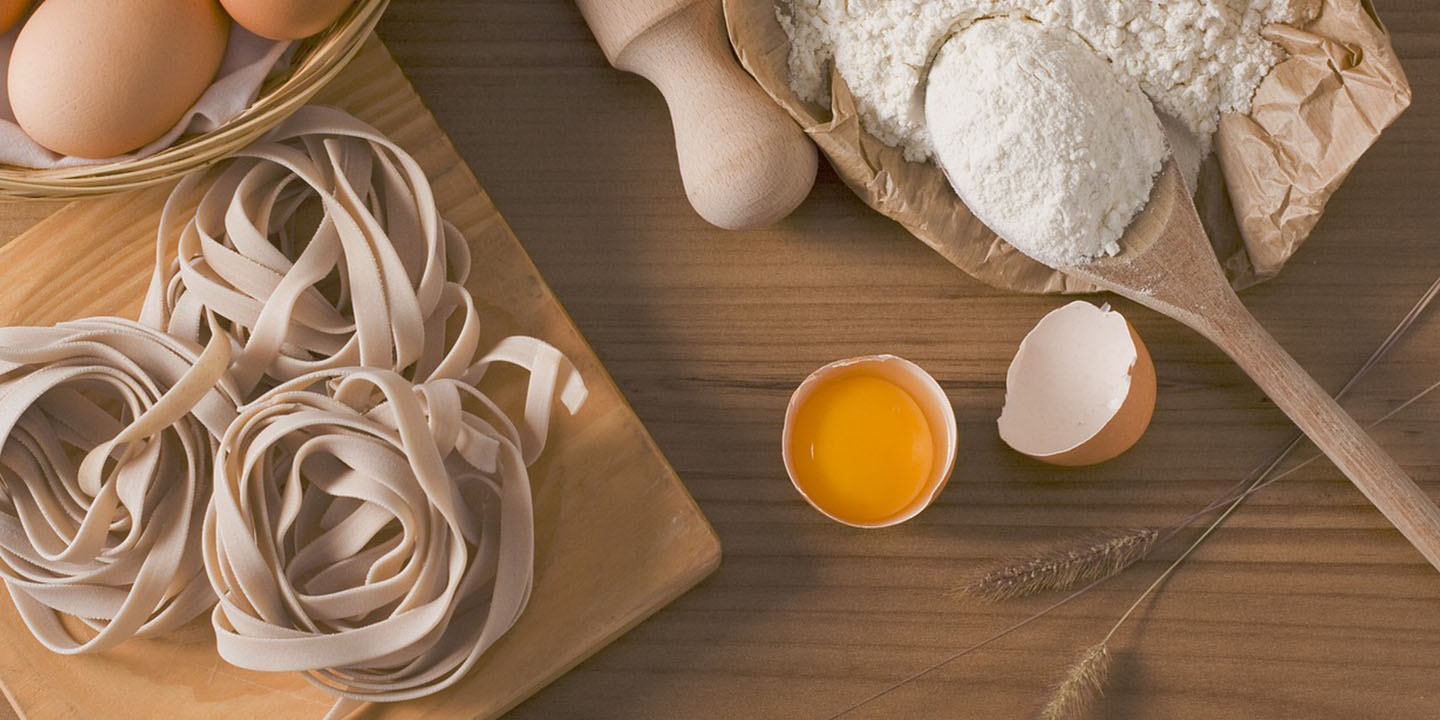Are You Getting Enough Protein? Here's How Much You Really Need
Let’s talk about your protein shake. Most people think they need mountains of the stuff, but the truth lies somewhere in between. Your unique body demands a personalized approach, not some random internet calculation. It's time to cut through the noise and discover what your muscles truly need.
Building Blocks Of Life
Your body uses protein for virtually everything. From rebuilding muscle after that morning workout to creating enzymes that digest your food, protein is essential to keeping your body functioning at its best.
These chains of amino acids form the structural foundation of your cells and tissues, while also playing an essential part in immune function, hormone regulation, and even your mood.
Despite its importance, there's a surprising amount of confusion about how much protein we actually need. According to Harvard Health Publishing, the standard recommendation, the Recommended Dietary Allowance, is 0.8 grams per kilogram of body weight per day.
For a 150-pound person, that's about 55 grams, equivalent to a 4-ounce chicken fillet and a cup of plain Greek yogurt. But this bare minimum is exactly that—the lowest amount needed to prevent deficiency, not necessarily the optimal amount for health, performance, or specific goals.
Who Needs More Protein?
The one-size-fits-all RDA doesn't account for your unique lifestyle. Athletes and those with active jobs may need more, anywhere from 1.2 to 2.0 grams per kilogram of body weight. A runner or weightlifter might aim for the higher end, while someone who walks daily might target the middle range.
Age also plays a critical role in protein needs. After 40, our bodies become less efficient at using protein, a phenomenon called anabolic resistance. Research by UCLA Health now suggests older adults may need up to 1.6 grams per kilogram daily to maintain muscle mass. Meanwhile, those recovering from surgery or illness need extra protein to rebuild damaged tissues—sometimes as much as 2 grams per kilogram.
Pregnant women require additional protein to support fetal development and the growth of the placenta. Besides, it is said that growing teenagers, especially those playing sports, have some of the highest protein requirements of any group.
Not All Protein Is Created Equal
While quantity matters, the quality of your protein sources is equally important. Animal proteins like meat, fish, eggs, and dairy deliver all nine essential amino acids in proportions that your body can readily use. These 'complete' proteins typically score high on digestibility, too, meaning your body can access more of their nutrition.
Plant proteins, though valuable for many reasons, often lack one or more essential amino acids. Beans are low in methionine, while grains lack lysine. The solution? Variety and thoughtful combinations. Rice and beans together create a complete protein profile, as do hummus and whole-grain pita.
Timing also influences how effectively your body uses protein. Note that distributing protein intake throughout the day appears more beneficial than consuming most of it at dinner, as is often the case for many Americans.
KEEP ON READING

The 5 Most Consumed Foods in the Entire World








